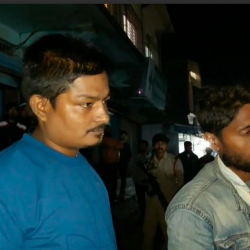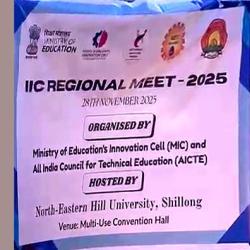Exploring the abundance of opportunities that the North-East states of India has to offer for EU-India collaboration in the field of energy and water is the key focus of European Business and Technology Centre’s (EBTC) Cleantech Expert Mission to North-East India 2013. The EBTC, in partnership with the Fraunhofer Institute MOEZ from Germany, and in association with the Indian Chamber of Commerce (ICC), will be visiting Guwahati and Shillong from 27th – 29th May 2013 along with cleantech experts from the EU, and interacting with organisations, companies and governmental agencies from across the North-East.
The experts will be showcasing EU technologies, giving Indian counterparts the opportunity for first hand insight into available solutions to address current Energy and Water challenges. The Mission will lead to a focussed report on how EU technology can help in developing resilient solutions to the intricate and entangled issues of clean energy and water, and also the identification of prospects and project opportunities for EU-India collaborations in the sectors.
Poul V. Jensen (Director, EBTC) said, “For India to continue its growth trajectory, we need to ensure that the Indian demand for technology is met with the appropriate and customized solutions. Only then, when pragmatically establishing relevant EU-India clean technology collaborations, will innovative technologies from the EU help India leapfrog into a path of sustainable growth.”
The North-East region in particular offers immense opportunities for EU-India cleantech collaboration. According to Mr. Suman Lahiri (Regional Manager, EBTC), “The region has an abundance of biomass and water resources, amongst others that offers an attractive space for EU technologies. Whilst the North-East offers lucrative business and research opportunities in the clean technology area, one needs to be aware of the ground conditions. The first issue is finding the right partners in the area for developing clean technology projects with European technologies, and the second issue is getting pilot demonstration projects. PPP can be a solution for the uptake of pilot demonstration projects that will be key for attracting EU clean technologies to the region.”
Dr. Rajeev Singh (Director General, Indian Chamber of Commerce) said, “Sustainable development in India encompasses a variety of development schemes in social, cleantech (clean energy, clean water and sustainable agriculture) and human resources segments, which are high on the radar of both Central and State governments and also the public and private sectors. India's sustained efforts towards reducing greenhouse gases (GHG) will ensure that the country's per capita emission of GHG will continue to be low until 2030-31, and according a Study, in 2031, India's per capita GHG emissions would stay under 4 tonnes of CO2, which is lower than the global per capita emission of 4.22 tonnes of CO2 in 2005. The progress made by India in cleantech so far is impressive, and the ICC strongly believes that a stronger EU-India partnership in new, innovative clean technology mechanisms would ensure a balanced and sustainable industrial growth for India”.
- 9789 reads









Add new comment